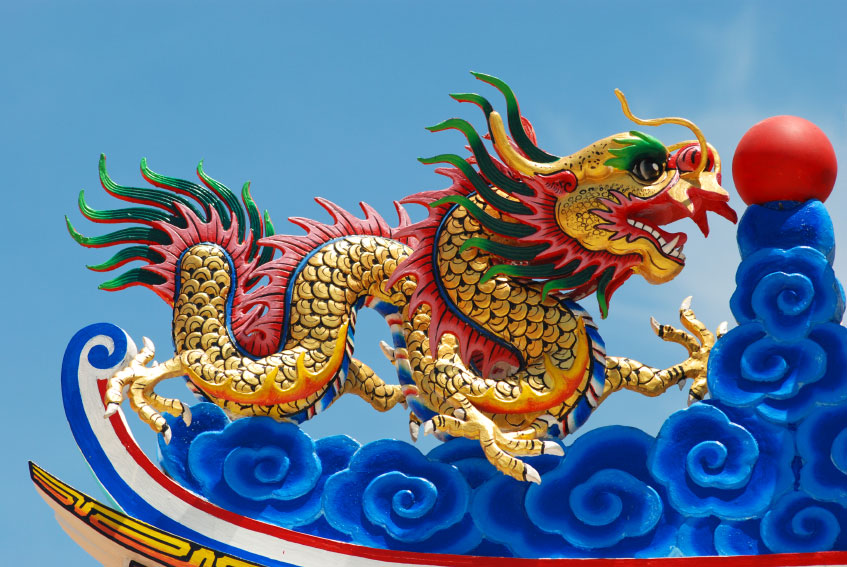
Taiwan is an island which has for all practical purposes been independent since 1950, but which China regards as a rebel region that must be reunited with the mainland – by force if necessary.
China has claimed sovereignty over Taiwan since the end of the Chinese civil war in 1949, when the defeated Nationalist government fled to the island as the Communists, under Mao Zedong, swept to power.
Long-standing tension with the mainland has eased since the China-friendly President Ma Ying-jeou took office in May 2008. In July 2009 the leaders of China and Taiwan exchanged direct messages for the first time in more than 60 years, albeit in their respective party functions, and not as national leaders.
And in June 2010, the two countries signed an historic trade pact that was described by some analysts as the most significant agreement in 60 years of separation. Mr Ma’s predecessor, Chen Shui-bian, had angered China with moves towards formal independence, and relations had been severely strained.
Despite the recent thaw, Taiwanese officials complain that Beijing has kept increasing the number of short-range missiles aimed at Taiwan.
In the past the military threat from the mainland has been partly offset by the pivotal relationship between Taipei and Washington, which is the main weapons supplier to the island – one of the world’s biggest buyers of arms. Beijing regularly expresses anger at US arms sales to Taiwan.
China insists that nations cannot have official relations with both China and Taiwan, with the result that Taiwan has formal diplomatic ties with only two dozen countries – Pacific, Latin American and African states in the main.
Taiwan has no seat at the United Nations, having lost it to China in 1971. Repeated attempts to regain representation at the UN have been blocked.
Despite its diplomatic isolation, Taiwan has become one of Asia’s big traders. It is considered to have achieved an economic miracle, becoming one of the world’s top producers of computer technology.
And past tensions notwithstanding, Taiwan and China enjoy healthy trade links. China is Taipei’s number one export market.
For decades, the island was an authoritarian one-party state ruled by the Nationalist Party (Kuomintang or KMT), which under Chiang Kai-shek controlled much of China before the Communists’ rise to power in 1949.
In the early 1990s, however, Taiwan made the transition to democracy and the KMT’s monopoly on power ended completely in 2000, with the election of President Chen Shui-bian of the opposition Democratic Progressive Party (DPP).
Unlike the KMT, which seeks a united, non-Communist China, Mr Chen was a passionate supporter of formal independence, straining relations with Beijing.
Although he won a second term in 2004, persistent corruption allegations surrounding the president and his family undermined Mr Chen’s popularity, and contributed to the DPP’s loss to a resurgent KMT in the 2008 presidential election.
Source: BBC World Country Profiles (http://news.bbc.co.uk/2/hi/country_profiles/default.stm)